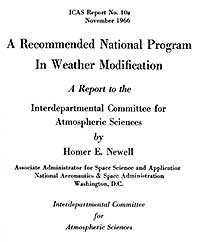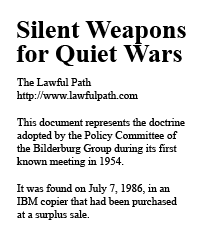By producing food locally, we don’t pay for transporting mass-produced goods from faraway and invigorate our local economy. Our guest shares how it’s being done.
“The farther we go from the source of our food, the less control we have over what’s in that food.”
-The second of Michael Olson’s Laws of the Food Chain
Michael Olson cultivated his first crop at the age of six. Since then, he has been actively involved in the commercial production of a variety of crops, including beans, beets, blueberries, garlic, hay, oats, shallots, strawberries, turf grass, wheat, and wine grapes. He consults on farming projects worldwide and serves as Executive Producer and host of a syndicated Saturday talk show about local agricultural issues.
A partner of the MO MultiMedia Group of Santa Cruz, California, Olson has produced, written and/or photographed feature-length news for numerous media outlets, including the San Francisco Chronicle and Examiner, NBC, ABC, Australian Broadcast Commission, and KQED Public Television.
Olson is also the author of a Ben Franklin Book of the Year Finalist entry entitled “MetroFarm” and recently completed “Tales from a Tin Can,”, an oral history about World War II that earned a Starred Review from Publishers Weekly.
References
MetroFarm.com
Local Farms • Local Food • Local Money
Every Saturday morning from 9-10am join KSCO’s Michael Olson for a discussion on local farm and agriculture issues
KSCO AM 1080 – Food Chain w/Michael Olson
Michael Olson’s counterpart and colleague on the East Coast: Joel Salatin
From Wikipedia, the free encyclopedia
Joel F. Salatin (born 1957) is an American farmer, lecturer, and author whose books include “Folks, This Ain’t Normal,” “You Can Farm,” and “Salad Bar Beef.” Salatin raises livestock using holistic methods of animal husbandry, free of potentially harmful chemicals, on his Polyface Farm in Swoope, Virginia, in the Shenandoah Valley. Meat from the farm is sold by direct-marketing to consumers and restaurants.





![[Most Recent Exchange Rate from www.kitco.com]](http://www.weblinks247.com/exrate/exr24_eu_en_2.gif)
